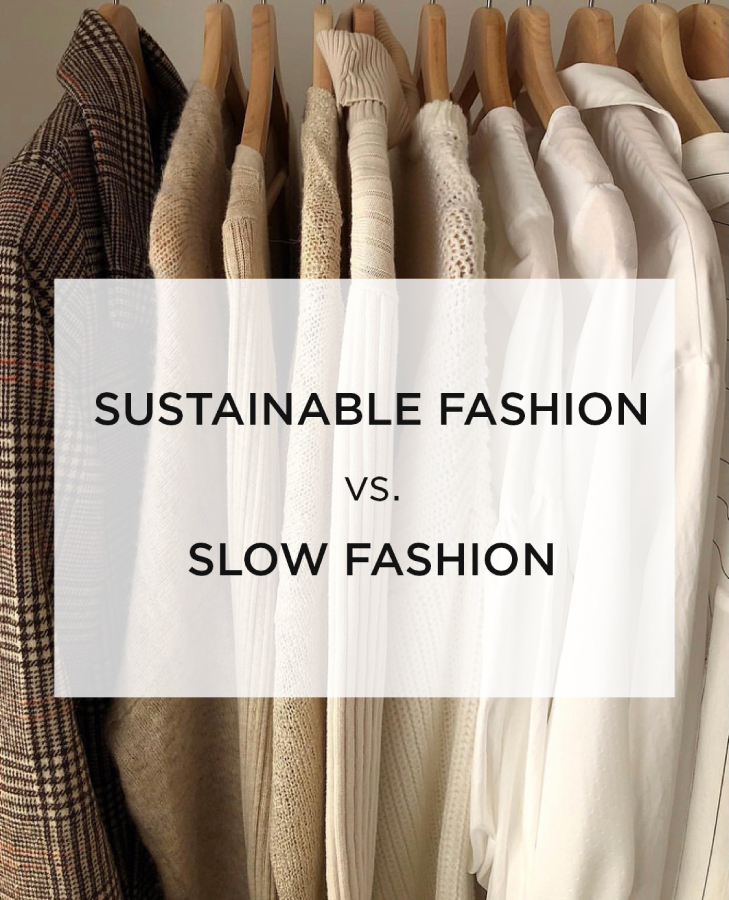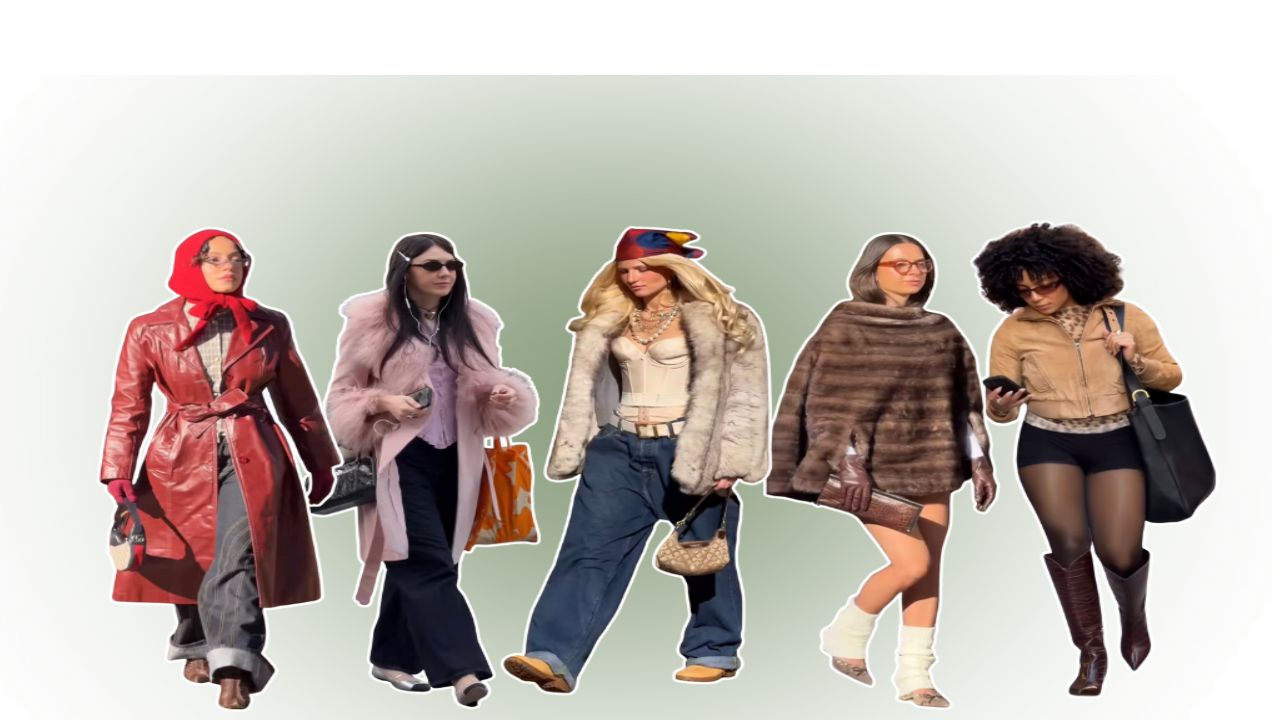
If you are seeking to live a more intentional lifestyle and make conscious changes to your wardrobe, but find yourself unsure of which concept to embrace, this post aims to provide clarity on the topics of ethical, sustainable, and slow fashion.
Sustainable fashion, in essence, refers to clothing that has been produced in a manner that takes into consideration the various environmental issues associated with the fashion industry.
The primary concerns within sustainable fashion can be summarized as follows:
1. Water consumption and contamination: This pertains to the excessive use of water in the production process, as well as the pollution caused by the release of harmful substances into water sources.
2. Energy emissions: The production of synthetic fabrics often requires a significant amount of energy, resulting in high levels of emissions that contribute to climate change.
3. Chemical usage: Sustainable fashion aims to minimize the use of harmful chemicals in the production of garments, reducing the negative impact on both the environment and human health.
4. Waste creation: The fashion industry generates a substantial amount of waste, with textiles often being incinerated or sent to landfill. Sustainable fashion seeks to address this issue by promoting recycling, upcycling, and other waste reduction strategies.
Slow Fashion refers to the style, design, and quality of garments, as well as the underlying intention behind their production. It entails purchasing clothing made from durable fabrics and avoiding fleeting trends, allowing individuals to cherish and wear their favorite pieces for years to come.
Ethical Fashion, on the other hand, pertains to the manner in which clothing is manufactured, encompassing the principles of fair treatment for people, animals, and the environment. This means ensuring that no sweatshops, child labor, worker abuse, or slavery are involved in the production process.
It is often perceived that both slow fashion and eco-fashion are exclusive and demand perfection, leaving little room for compromise. However, it is not our place to dictate where and what others should buy. Each of us is at a different stage in life and possesses varying financial means.
Instead, we can all contribute to the betterment of our planet by placing greater value on quality over quantity, reducing the frequency of our shopping endeavors, and paying closer attention to the garments we purchase. By doing so, we can encourage brands to adapt their products to meet our needs while also demonstrating respect for the work environment and the planet.
It is important to approach this matter in a professional manner, and to communicate in English.










